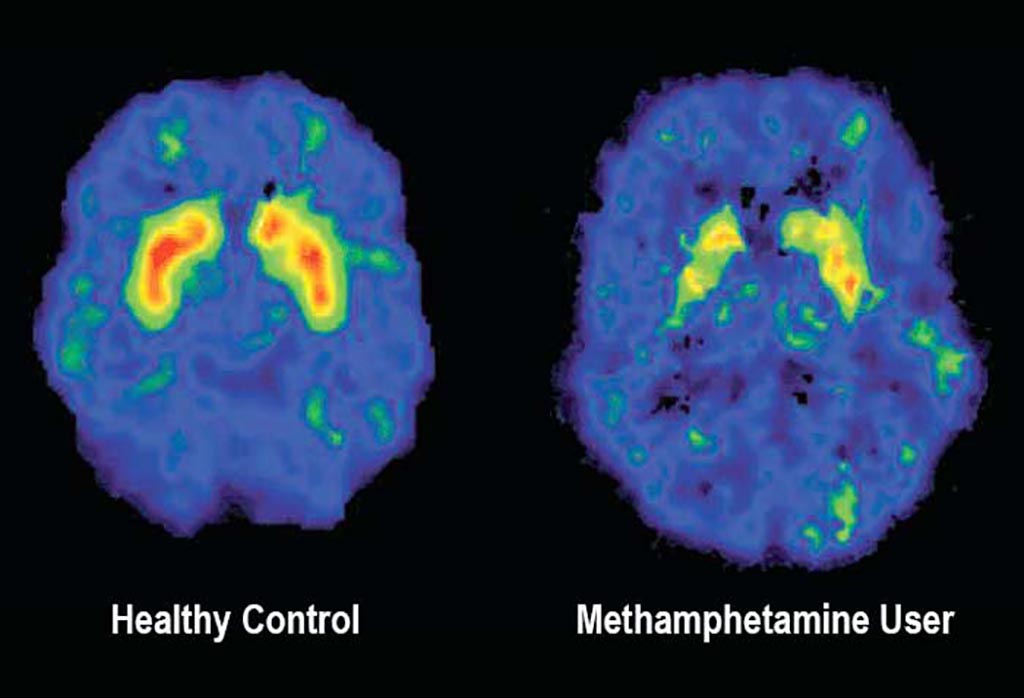Drug addiction is often misunderstood. Many people do not understand why or how other people BECOME ADDICTED. It is often mistakenly assumed that drug abusers should be able to quit with will power. This is incorrect. In reality, drug addiction is a complex disease and quitting takes more than good intentions or strong will. In fact, because drugs change the brain in ways that promote compulsive drug abuse, quitting is difficult. So, what is drug addiction? Addiction is a chronic, often relapsing brain disease that causes compulsive drug use, despite harmful consequences. Although the initial decision to take drugs is voluntary for most people, the brain changes that occur over time challenge an addicted person’s self-control and hamper his or her ability to resist intense impulses to take drugs. What is the problem with taking drugs? People begin taking drugs for a variety of reasons, including, wanting to feel and perform better. So you might think, what is wrong with that? With continued use though, a person’s ability to exert self-control can become seriously impaired; this impairment in self-control is the cornerstone of addiction. Brain imaging studies of people with addiction show physical changes in areas of the brain that are critical to judgment, decision making, learning and memory, and behavior control. Exactly what happens to the brain on drugs? Most drugs target the brain’s reward system by flooding the circuit with dopamine. Dopamine is a neurotransmitter present in areas of the brain that monitor movement, emotion, motivation, and feelings of pleasure. When activated at normal levels, this system rewards our natural behaviors. Overstimulating the system with drugs, however, produces euphoric effects, which strongly reinforce the behavior of drug use; teaching the user to repeat it. As a person continues to abuse drugs, the brain adapts to the overwhelming surges in dopamine by producing less dopamine or by reducing the number of dopamine receptors in the reward circuit. The result is a lessening of dopamine’s impact on the reward circuit, which reduces the abuser’s ability to enjoy not only the drugs but also other events in life that previously brought pleasure. This decrease compels the addicted person to keep abusing drugs in an attempt to bring the dopamine function back to normal, but now larger amounts of the drug are required to achieve the same dopamine high—an effect known as tolerance. Decreased Dopamine Transporters in a Methamphetamine Abuser Through scientific advances, we know more about how drugs work in the brain than ever before. We also know that drug addiction can be successfully treated to help people stop abusing drugs and lead productive lives. If you or a loved one is dealing with drug addiction, look into our inpatient drug rehab options in Los Angeles and get in touch about treatment options.
Through scientific advances, we know more about how drugs work in the brain than ever before. We also know that drug addiction can be successfully treated to help people stop abusing drugs and lead productive lives. If you or a loved one is dealing with drug addiction, look into our inpatient drug rehab options in Los Angeles and get in touch about treatment options.
Understanding Drug Addiction




